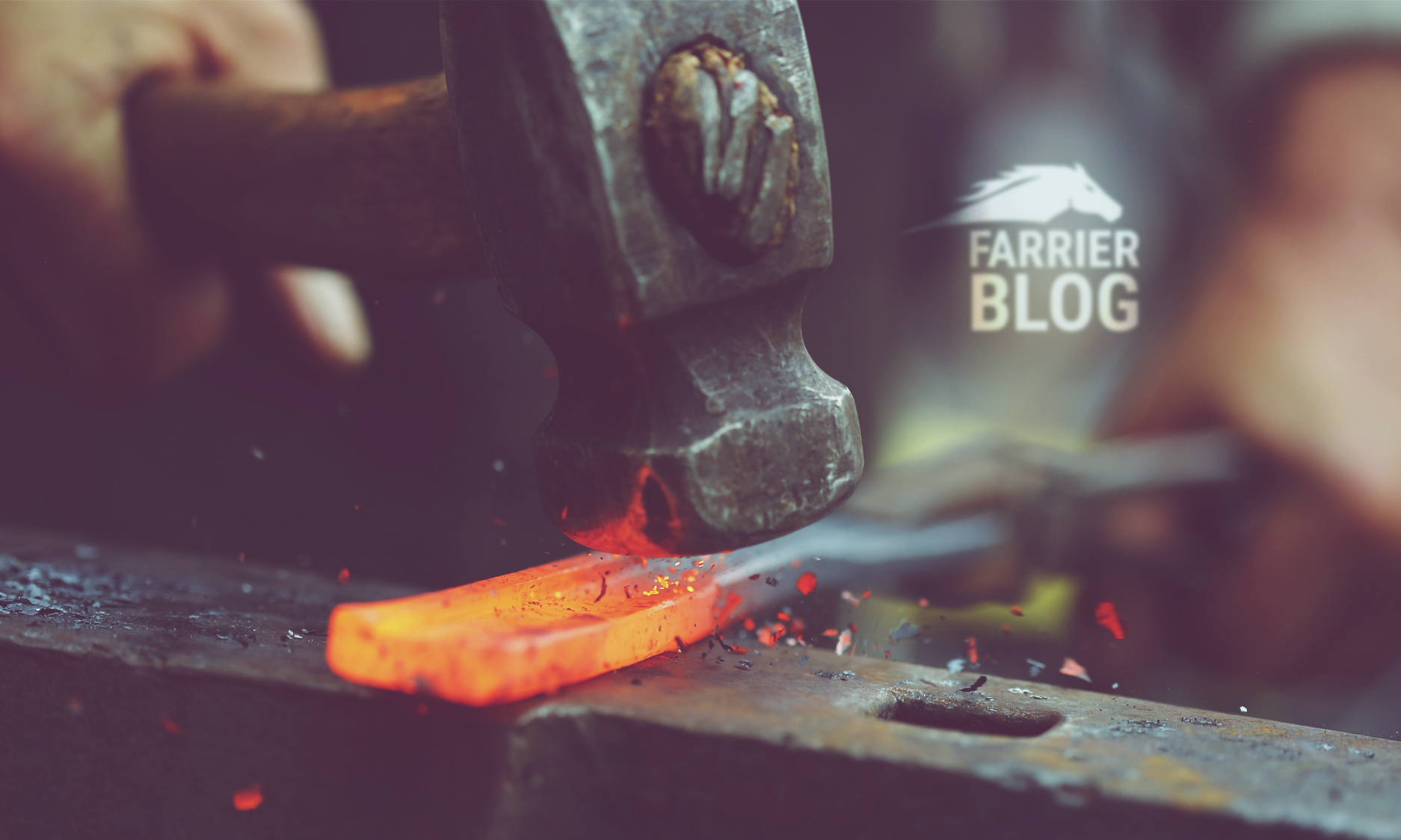Q: I have recently adopted a rescue horse that had been neglected quite badly. His feet and teeth were in a very bad way, and he is very underweight. I have wormed him and had my farrier and dentist out to him, but I am wondering about his long-term recovery. Will feet that have been allowed to grow very long and split badly ever fully recover? He is on good pasture and hay now, and I am feeding him soaked sugar beet and Gumnuts twice a day, but after two months he is slow to put on weight. Do you have any suggestions about his care and feeding regime?
Shelley, via email
A: Hi Shelley, my initial advice if you haven’t done so already, is to ask for a consultation from a vet – an equine specialist preferably if one is available locally. The vet might be able to advise whether there’s been any permanent damage to the vital organs during the period of malnourishment and the likelihood of the horse making a recovery in relation to the overall health and condition.
Presuming that the prognosis is positive in that respect, the potential for improvement to the condition and quality of the hooves is great. Farriers can often make impressive changes when given the opportunity to do what we need to do with a horse who has been neglected.
The length of the hooves could be addressed fairly quickly – in extreme cases, 2-3 trimming appointments at the most should have this in check.
Your overall and ongoing care of the horse will be important to maximising the improvements to the hooves. If the overall wellbeing improves, the diet is appropriate and the horse is doing better, the benefits the horse gains from any work the farrier does will increase too as a result.
Hooves are constantly growing so any damaged or weak hooves can in theory be replaced by stronger and healthier horn. Many of the superficial splits and cracks might grow out and be gone over the coming twelve months or so providing you stick to a successful treatment plan – one exception being any cracks that have been caused by damage to the coronary band (where the new horn grows from).
I hope you start to see some improvements. The commitment of time and money for these horses can be huge. Using a variety of specialists should be the way to go – vet, farrier, dentist, nutritionalist etc all working together can give good results.
David Hankin Dip.WCF
This question and answer first appeared in NZ Horse & Pony magazine, December 2011
